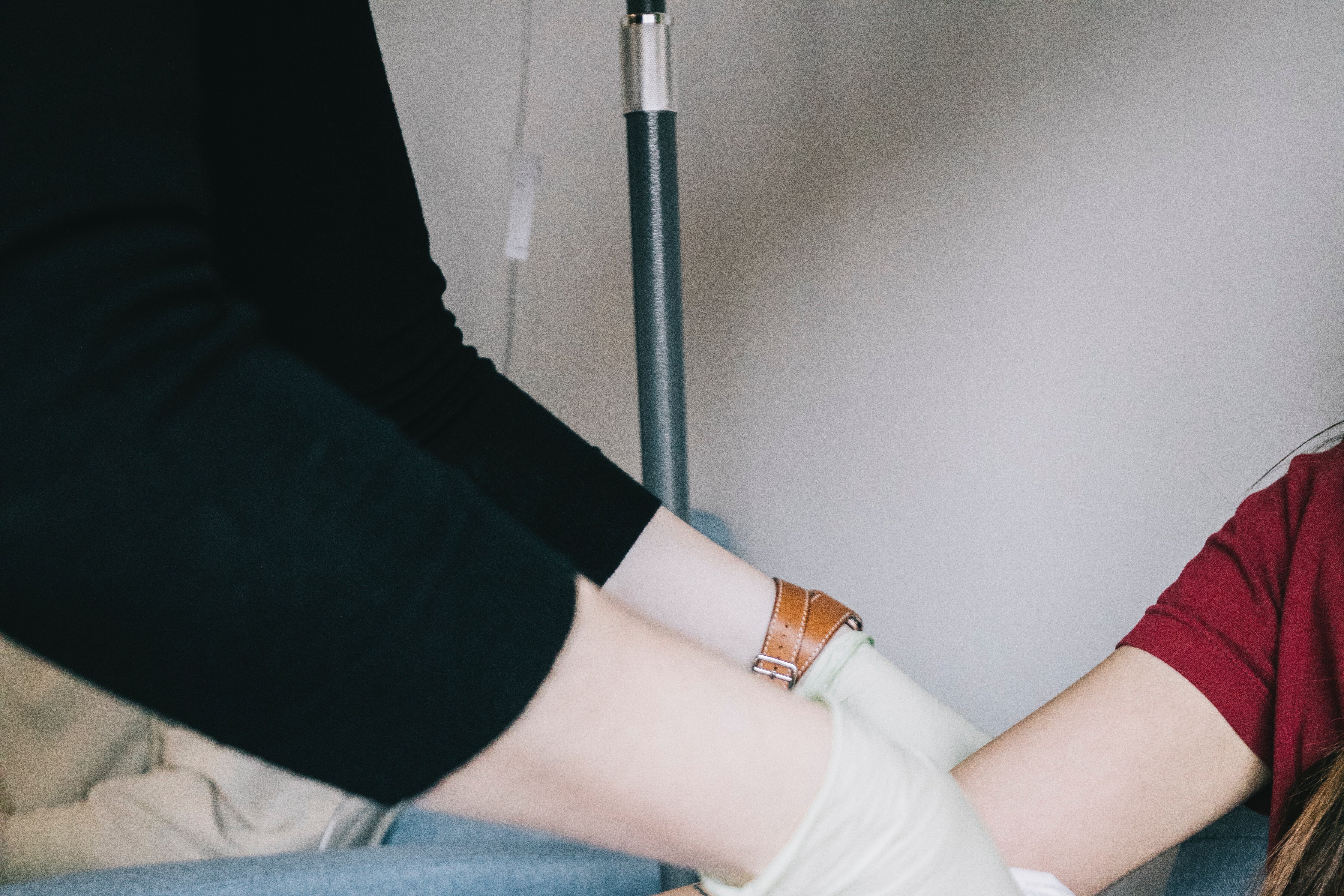As the U.S. scrambles to make up for its severe shortage of tests for the novel coronavirus, panic-fueled claims about the nation’s health care system are making the rounds on social media. On Monday, a tweet that started with the words “CORONAVIRUS LOOPHOLE!!!!!” went viral. The supposed trick? To donate blood—an act, the tweet claimed, that would allow you to be tested for COVID-19 for free. The information was false, but it was retweeted more than 85,500 times before being deleted. It’s since spurred a number of copycat tweets.
Let’s be clear: The Red Cross will not be testing for the disease. And for good reason. On Friday, the Red Cross issued a statement to address concerns about this issue. “It’s important to emphasize that there is no data or evidence that COVID-19 can be transmitted by blood transfusion,” it stated, “and there have been no reported cases of transmissions for any respiratory virus, including this coronavirus, worldwide.” This differs, for instance, from Ebola, which spreads through direct contact with blood or other bodily fluids. (Individuals are disqualified from donating blood if they’ve ever been diagnosed with Ebola.)
But blood banks are in urgent need of donors. While people worry about bare grocery store aisles, hospitals are increasingly concerned about potential blood shortages, since people are staying home to practice social distancing. In the most affected areas, such as Washington state and New York, hospitals have already started to move blood in from other regions, Reuters reported. “Over the last few days, the number of blood drive cancellations has risen precipitously,” Jessa Merrill, a spokesperson for the Red Cross, told me in an email on Thursday. Merrill said that the organization has seen nearly 300 cancellations—which translates to about 8,000 donations that now won’t happen.
In order to prevent shortages, the Red Cross and the U.S. Food and Drug Administration are strongly urging donors to give blood. But how is the Red Cross dealing with the spread of COVID-19?
First, it’s worth noting that only “eligible and healthy” individuals are ever encouraged to give blood—if you’re feeling unwell, you shouldn’t donate as a general rule. That said, the median incubation period for COVID-19 is approximately five days, so individuals can have the disease without realizing it. It’s certainly possible that those people, as well as asymptomatic carriers of the virus, will be entering donation centers.
But it should be OK. Out of an “abundance of caution,” the Red Cross has also implemented new restrictions, according to its statement on Friday. This includes requiring that before donation, people wait at least 28 days after traveling to China, Iran, Italy, or South Korea; receiving a COVID-19 diagnosis; or being in contact with someone who has been diagnosed. The Red Cross is also checking the temperatures of donors before they even enter a donation center, Merrill said. The organization plans to continue evaluating emerging risks with the U.S. Food and Drug Administration, Centers for Disease Control and Prevention, and industry partners.
Despite the Red Cross’ reassurances, fears of COVID-19 have continued to affect donations, which the organization addressed again in pleas on Tuesday and Thursday. “As the number of individuals with COVID-19 increases, we are very concerned that fewer eligible donors will be able to give making it extremely difficult for our inventory to recover if we get to shortage levels,” wrote Merrill. “That’s why we are urging healthy, eligible individuals to schedule a blood or platelet donation appointment at RedCrossBlood.org today to help maintain a sufficient blood supply and avoid any potential shortages.”
Future Tense is a partnership of Slate, New America, and Arizona State University that examines emerging technologies, public policy, and society.
